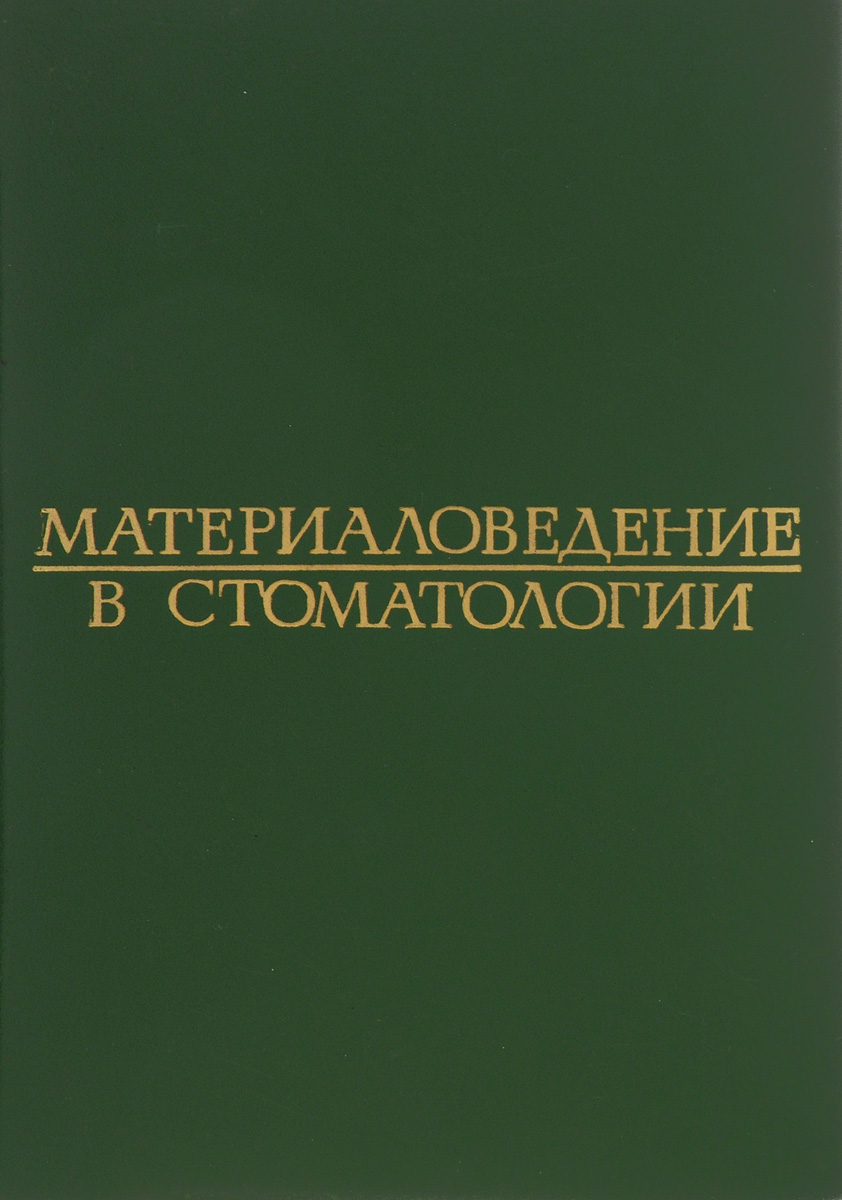
Dojnikov Sinicin Zubotehnicheskoe Materialovedenie
New Age and culture “Basically, the appeal of the New Age has to do with the culturally stimulated interest in the self, its value, capacities and problems. Whereas traditionalised religiosity, with its hierarchical organization, is well-suited for the community, detraditionalized spirituality is. The solution Break new ground in boosting team collaboration. We believe that the potential of a team is largely determined by the quality of communication and cooperation among its members and not just by the capacity of individuals.
Why is nuclear on the decline? Everywhere the underlying reason is the same: anti-nuclear forces, in tandem with rent-seeking economic interests, have captured government policies. On one extreme lies Germany, which decided to speed up the closure of its nuclear plants following Fukushima. In Sweden the government imposed a special tax on nuclear. In the U.S., solar and wind are far more heavily subsidized than nuclear.
And states across the nation have enacted Renewable Portfolio Standards, RPS, that mandate rising wind and solar, and that exclude nuclear. Isn't nuclear just too expensive?
In countries like Germany and Sweden governments are openly closing economical nuclear plants. In the US, economical nuclear plants are being closed or threatened 10, 20 — even 40 years before a full life. Nuclear plants are being closed off prematurely both because they are excluded from federal and state clean energy policies and the fracking boom. Uzel krepleniya sotovogo polikarbonata dwg. Solar and wind receive many times more in subsidies than nuclear. Meanwhile, 30 states, including Illinois, exclude nuclear from their Renewable Portfolio Standards. But aren't nuclear plant owners now asking for more subsidies? Yes, in some cases, but they are always far less than what solar and wind receive.

In New York, the proposed subsidy for nuclear is half the existing subsidies for renewables. In Illinois, the subsidy required to keep the Clinton and Quad nuclear plants open amounts to 1 cent/KWh, a small fraction of the 2.3 cents/KWh Production Tax Credit (PTC), one of several subsidies available for renewable sources. And as natural gas prices rise, keeping nuclear plants on-line will protect consumers and industries from future price shocks. Doesn't nuclear get extra subsidies, including free insurance and decommissioning? The Price-Anderson Act requires nuclear utilities to buy private insurance of about $375 million per plant. If there is an accident, they are required to contribute to a collective industry fund of about $13 billion to pay liability claims. If liability exceeds $13 billion, Congress can require nuclear utilities collectively to pay more to settle the additional claims. Nuclear is among many activities and circumstances for which we have established liability limits.
Others include plane crashes, oil spills, product liability, and medical malpractice. The largest renewable energy project, hydroelectric dams, has liability limits, too. Anti-nuclear advocates call these limits a 'subsidy' but taxpayers have never paid anything to industry for those limits. Aren't solar and wind becoming so much cheaper that we don't need nuclear? The actual cost of solar panels and wind turbines have declined, but as they become a larger percentage of our electricity,. That's because they produce so much power when demand is relatively low, and don't produce enough power when demand is relatively high.